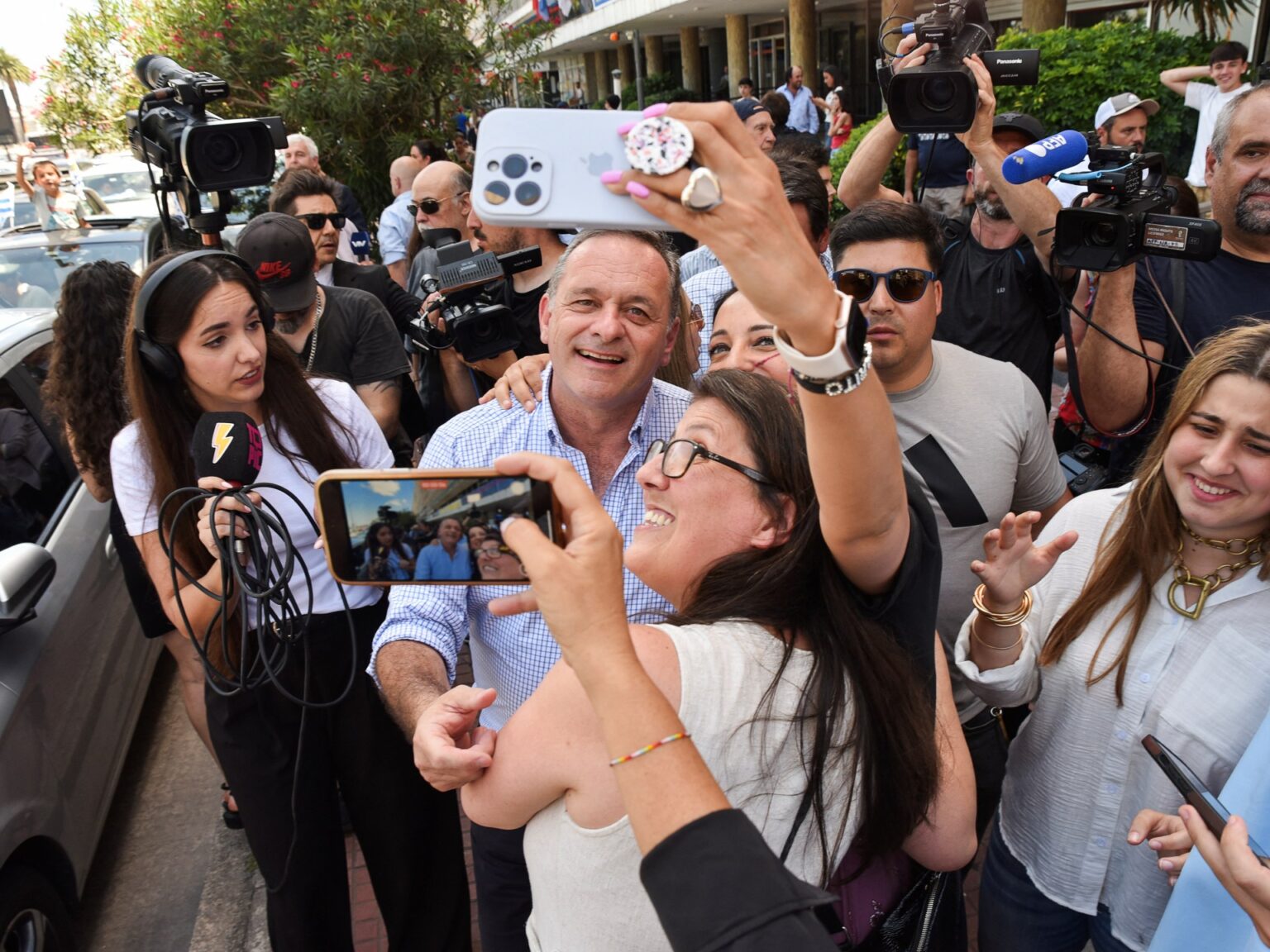Political violence marred Mexico’s elections this year. And in Venezuela’s presidential race, protests accompanied a contested result and widespread allegations of electoral fraud.
But in Uruguay on Sunday, a much more muted presidential election unfolded.
Located on the southern Atlantic coast, north of Argentina, Uruguay was one of several Latin American countries holding high-stakes presidential elections this year.
And unlike some of its counterparts, critics say Uruguay serves as a model for democratic stability in the region.
Sunday’s election was a run-off, pitting the top two presidential contenders from the October 27 general election against one another.
The early favourite was Yamandu Orsi, the candidate for the left-wing Broad Front coalition. In the October vote, he notched 44 percent support — well short of the 50 percent needed to avoid a run-off.
Coming in second place on October 27 was Alvaro Delgado of the ruling National Party, a conservative group.
While he only received 27 percent of the vote in the first round, he is likely to benefit from the 20 percent of voters who cast their ballot for the third-place candidate, fellow conservative Andres Ojeda of the Colorado Party.
Both Orsi and Delgado advanced to Sunday’s run-off with strong support, making the outcome a nail-biter.
Orsi, a 57-year-old history teacher, has the support of former President Jose Mujica, a former leftist rebel fighter who survived torture under Uruguay’s military dictatorship in the 1970s and ’80s.
Mujica has since become a beloved figure on the left: He was dubbed the “world’s poorest president” during his time in office, from 2010 to 2015, for his humble lifestyle.
Orsi’s Broad Front coalition was in power until the 2019 election, which saw the rise of the conservative National Party. It was the first conservative victory in nearly 15 years.
But outgoing President Luis Lacalle Pou is prevented by law from seeking a second consecutive term. Running instead for his party is the 55-year-old Delgado, a former veterinarian.
Both Delgado and Orsi have emphasised strengthening Uruguay’s economy.
Orsi, who campaigned with the slogan “We know how to achieve”, has emphasised measures to raise wages for low-income workers. Delgado, meanwhile, has focused on streamlining Uruguay’s bureaucracy and forging trade deals with partners like China.
Both men have pledged to respect the results of the election and work together, no matter the outcome.
“We must value what we have: democratic coexistence,” said the head of the Broad Front coalition, Fernando Pereira.
Meanwhile, Ojeda — the third-place candidate knocked out in the first round of voting — remarked to local media about the calm accompanying Uruguay’s election.
“If I had brought a foreigner here and I didn’t tell him that there was an election, he wouldn’t have noticed,” Ojeda said.
https://www.aljazeera.com/gallery/2024/11/24/in-uruguay-a-presidential-run-off-focused-on-democratic-coexistence?traffic_source=rss


